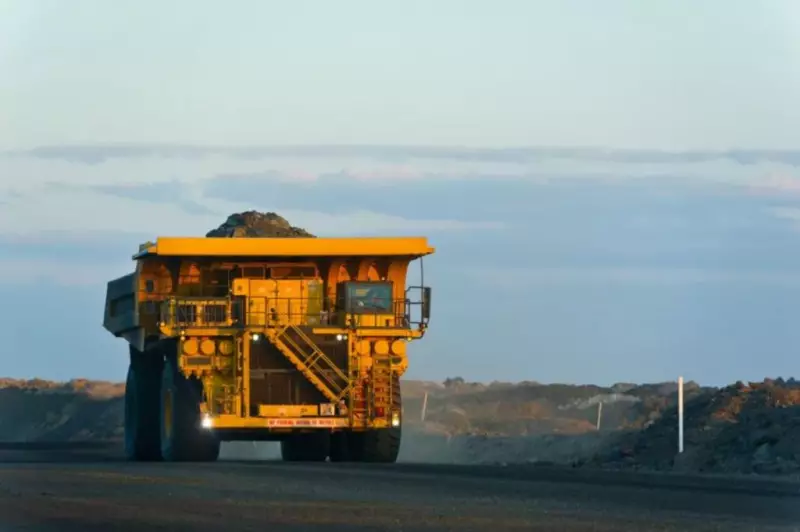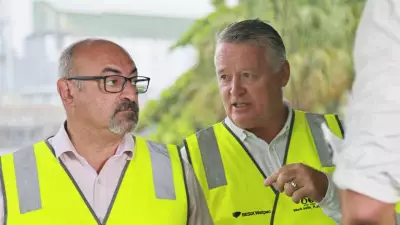
While many nations blessed with abundant natural resources end up poorer and less democratic, Australia stands as a remarkable exception to this global trend. According to demographer Simon Kuestenmacher, Australia has successfully dodged what economists call the 'resource curse' to maintain its position as one of the world's wealthiest and most stable democracies.
The Paradox of Plenty
The resource curse describes the puzzling phenomenon where countries rich in natural resources often experience worse economic and political outcomes than their resource-poor counterparts. As Kuestenmacher highlighted in his November 13, 2025 analysis, these nations typically become poorer, less democratic, and more unequal despite their natural wealth.
This economic paradox has affected numerous countries across the globe, particularly those dependent on mineral and energy exports. Yet Australia has managed to avoid these pitfalls through a combination of strategic policies and institutional strengths.
Australia's Winning Formula
Several key factors have contributed to Australia's success in navigating the resource curse. The country has maintained strong democratic institutions, diversified its economy beyond mining, and implemented sound economic policies that distribute wealth effectively.
Simon Kuestenmacher's analysis points to Australia's stable political system and robust regulatory frameworks as crucial elements in this success story. Unlike many resource-rich nations that suffer from corruption and weak governance, Australia has maintained transparency and accountability in managing its natural resource wealth.
Global Implications and Future Outlook
Australia's experience offers valuable lessons for other resource-rich nations seeking to avoid the common pitfalls. The country demonstrates that natural resources can be a blessing rather than a curse when managed with proper governance and long-term planning.
The continued success of Australia's resource management approach remains critical as global demand for minerals and energy evolves. Kuestenmacher's analysis suggests that maintaining this advantage will require ongoing commitment to economic diversification and institutional strength.
As of November 2025, Australia continues to serve as a compelling case study in how to harness natural resource wealth for broad national benefit rather than allowing it to become an economic liability.






